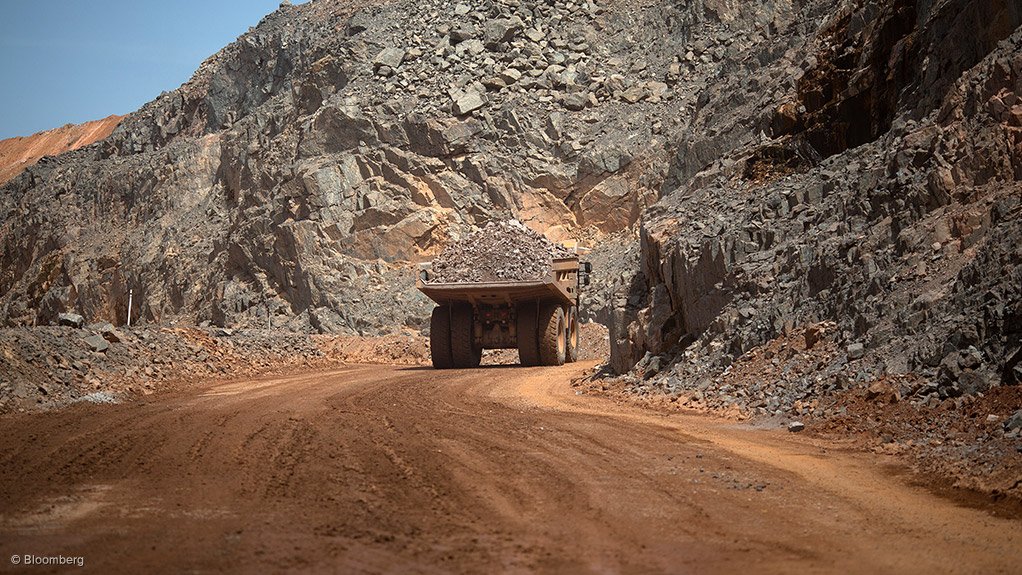
One of West Africa’s largest gold mines, Loulo-Gounkoto, has resumed operations after a six-month shutdown, amid a deepening legal and fiscal dispute between the Malian government and Canadian mining giant Barrick Gold.
The reopening, under the supervision of a court-appointed administrator, comes as the case moves to international arbitration.
The Malian government seized control of the mine in January 2025, citing unpaid taxes and the enforcement of a new mining code. Since then, three tons of gold had been confiscated and operations suspended. The restart of activity this week includes the planned sale of a further ton of stored gold, estimated to be worth $107 million—about 65 billion CFA francs.
The dispute escalated after Barrick filed a case at the International Centre for Settlement of Investment Disputes (ICSID).
In response, Mali has appointed a legal team to represent its interests before the tribunal. At the center of the controversy is the government’s push to increase its share of mining revenue, particularly as global gold prices have surged by 25% since January.
The interim management is now led by Soumana Makadji, a former Minister of Health, supported by Samba Touré, previously a site manager.
Together, they are spearheading a recovery plan, including paying wage arrears through gold sales and stabilizing operations.
Despite the optimism, internal sources estimate it could take at least four months to return production to pre-dispute levels—possibly longer without Barrick’s expatriate specialists, who have left the site.
Barrick CEO Mark Bristow has condemned what he called an “illegitimate takeover,” warning of legal consequences.
“We will pursue all legal avenues to defend our investment and ensure the safety and rights of our staff,” he said.
The company also confirmed that only employees in Bamako received salaries for June, leaving on-site staff unpaid.
The mine, which previously contributed up to 15% of Barrick’s annual output, plays a critical role in Mali’s economy, accounting for more than 9% of national GDP.
The outcome of the arbitration could have lasting implications for investor confidence in Mali’s mining sector and for broader perceptions of regulatory stability in the region.



